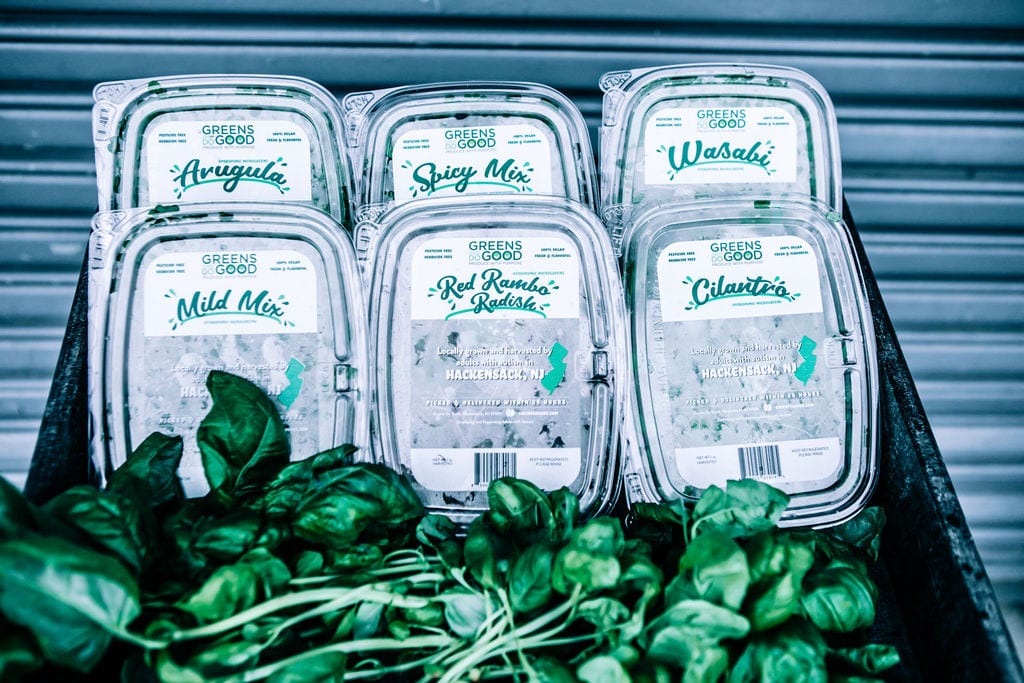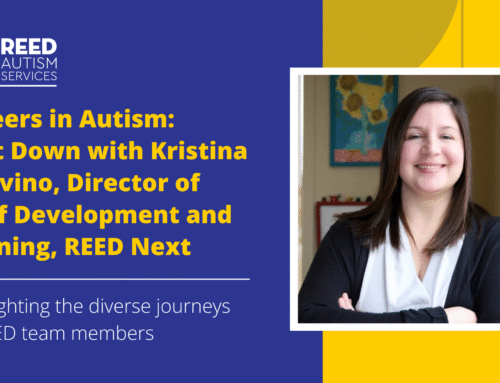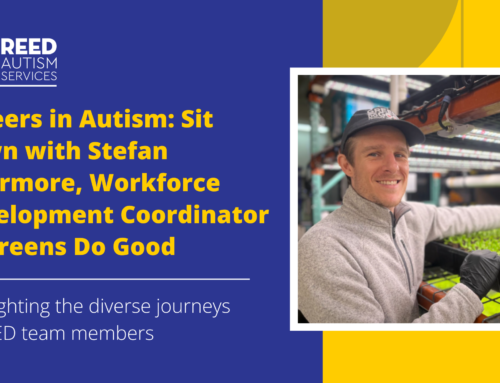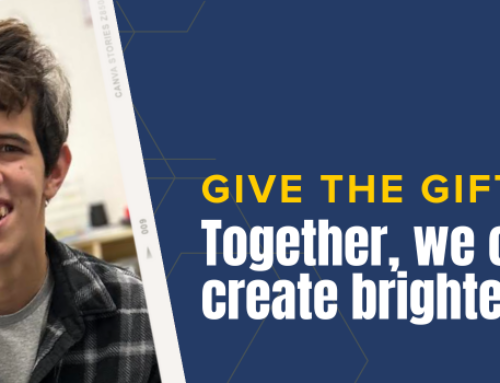The Mission Behind Hackensack’s Greens Do Good
Greens Do Good recently established its hydroponic farm in Hackensack, NJ, bringing sustainably grown produce to the local community. However, eco-conscious harvesting isn’t all that they’re known for. Their “Produce with Purpose” mission provides autistic adults with employment opportunities. In doing so, Greens Do Good is slowly expanding the possibilities within agriculture.
When speaking with Jen Faust, the director of operations, she emphasized the goal for the farm is inherently layered. The team is looking to transform local sources for produce, offering a healthier and socially-conscious food supply. Despite their 2019 opening, the farm’s objectives are quite ambitious, although not impossible. To increase the quantity of healthy and fresh foods available at local pantries.
In partnering with Bergen County Food Security Task Force, the farm can work toward its goal of bringing fresh goods to families in need. The indoor, four-season farm sits in a warehouse of an urban environment. This allows for green-collar jobs that are not available outside the typical rural setting. I was able to speak with Faust to learn more about the farm and the faces behind the project.
1. Can you tell me a little bit about the farm and why you chose Hackensack for the location?
Greens Do Good is an indoor, hydroponic, vertical farm located in the heart of Hackensack, employing and supporting individuals with autism. Essentially, we have created a farm in a warehouse in the middle of a very urban environment. This unique model provides green-collar jobs that would be otherwise unavailable outside of a rural setting.
The Greens Do Good farming method allows for four-season growing across a smaller footprint than most traditional farms. It’s using less water and energy and minimizing the impact on the environment. Each day brings a new crop of basil, baby kale, butterhead lettuce, and over 20 varieties of microgreens—all hand-picked and packed at the height of freshness, then sold to local restaurants, country clubs, supermarkets, food service providers, and through home delivery.
2. What inspired your “Produce with Purpose” mission?
One of the leading issues for adults with autism is the lack of employment opportunities. In fact, nearly half of all 25-year-olds with autism have never held a paying job. The daily structure and personal fulfillment of a job well done is an integral part of life—one that is just as essential for individuals with autism as it is for any other adult. At the farm, teens and adults with autism work alongside our farmers to help seed, plant, water and harvest the produce. Greens Do Good provides these individuals the opportunity to work alongside our farmers so that they can develop essential skills, achieve greater independence, and participate meaningfully in their communities.
3. What’s the connection, if any, between autism and agriculture?
The repetition in farming requires highly focused, reliable, and detail-oriented workers, which makes individuals with autism so well-suited to work at the farm. Individuals with autism often have the ability to concentrate on one task for long periods of time without getting distracted. Task completion is very important and that makes them very persistent workers. They are comfortable with repetitive tasks that others may find tedious. Individuals with autism are also inclined to diligently follow schedules, pay close attention to detail, and have a keen ability to identify errors that other people may overlook.
The adults we employ and teens in our workforce development program work with our Farm Manager and Farm Technicians in a variety of roles across the farm including seeding, planting, harvesting, and packaging products. Each individual can take on responsibilities that suit their inclination and ability—working at a pace that is tailored to their needs so they can do it successfully and independently.
4. How has local support helped to kick start your business?
We are very fortunate to have the support of the local community and individuals like Anthony Villanueva, executive chef of Edgewood Country Club. Villanueva began getting weekly deliveries soon after the farm opened its doors in early 2019—making him the first Chef-Partner of Greens Do Good.
We have since caught the attention of other individuals who support our mission, including Chef Chris Migton from Chez Catherine in Westfield, NJ. Chef Migton not only purchases our produce for her restaurant menus but she opens her doors and serves as a Greens Do Good pick-up location for customers in her community.
We are also fortunate to have received a grant from Someone Else’s Child (SEC), which will support our efforts to provide crucial vocational training and meaningful employment opportunities for teens and adults with autism. SEC is committed to serving underrepresented children and teens by sponsoring programs and initiatives to support and empower their lives. With an emphasis on education, literacy, children with disabilities and economic justice, SEC looks to break the cycle of inequality through innovative approaches that offer meaningful opportunities for vulnerable children and teens.
5. What does the future look like for you guys?
We have recently launched a pilot program to offer vocational training to teens with autism. Social distancing required by the pandemic has kept this workforce development program small to this point. It currently serves Ridgewood High School transition students and REED Academy’s SLE students. We are now opening our doors to additional districts and volunteers who are interested in gaining agricultural experience.







